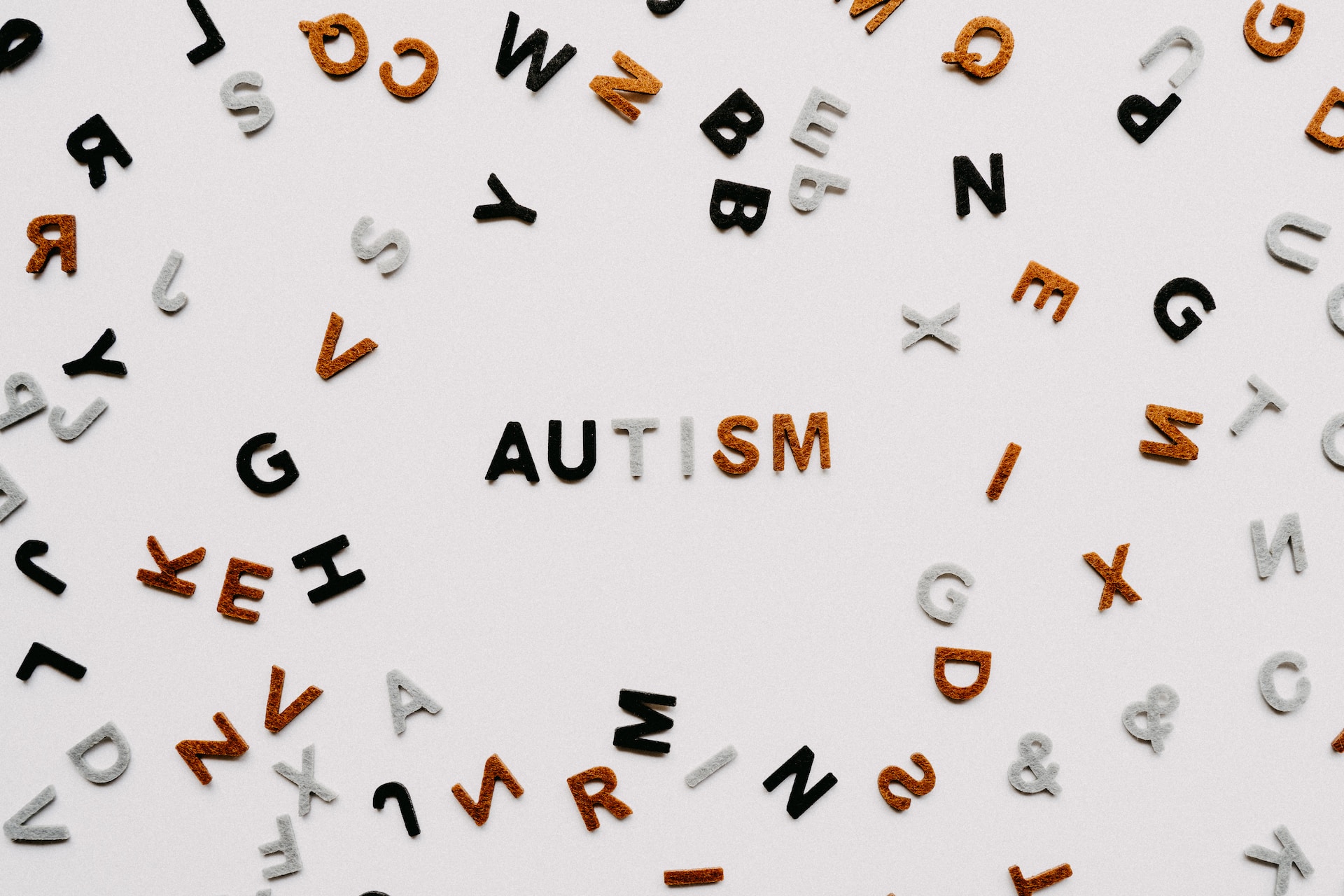Scientists decipher genetic architecture of autism in India
India's first systematic genetic study in 101 children with autism spectrum disorder has shown a significant contribution of de novo mutation towards aetiology of ASD.

The study published in BMC Neurology provides evidence of high penetrant de novo mutations in about two-thirds of children with genetic diagnosis for autism spectrum disorders (ASD).
The biggest observational study involved 101 children with non-syndromic ASD and their parents from across India.
The study was led by Dr. Frenny Sheth and Dr. Harsh Sheth from FRIGE’s Institute of Human Genetics, Ahmedabad, who were involved in patient recruitment and genetic & statistical analyses, respectively.
The research, which began in 2020, was an observational study of 101 children with non-syndromic ASD who were clinically diagnosed using DSM-5 criteria. To decipher the genetic cause of ASD, DNA from children and their healthy parents and siblings were processed through a series of genetic tests including cutting-edge chromosomal microarray and whole exome sequencing.
Now, our team has shown that a genetic diagnosis was made in 33 of 101 children. Interestingly, 3 of these were large changes in the copy number of the DNA and the remaining had a single nucleotide difference in the DNA, also called as single nucleotide variant (SNV). Two thirds of these DNA changes were de novo, that is, they were not inherited from either parents.
Our team was able to detect all 33 genetic defects using whole exome sequencing whereas, chromosomal microarray technology could only detect 3 defects which involved copy number changes in the DNA.
Through this study, we also discovered new genes associated with ASD such as NEUROG1 and discovered only the fifth male child in the world with Rett syndrome. Additionally, our study showed that the majority of the genes involved in causing ASD are similar between Indian and Western patients.
The study was funded by the Gujarat State Biotechnology Mission.
Is this important for India?
It is estimated that 1 in every 100 child born is affected with ASD.
Considering that nearly 50% of the ASD cases have a genetic cause, providing a genetic diagnosis can help families receiving targeted treatment, genetic counselling, prevent further transmission in the next pregnancy and reduce social and monetary burden on the family.
How do I diagnose genetic cause of ASD?
Past guidelines provided by the American College of Medical Genetics suggest carrying out genetic testing with microarray first and follow-up by whole exome sequencing, if required.
However, our study provides strong evidence of carrying out whole exome sequencing in the first instance if your child is suspected with ASD due to its superior diagnostic yield.
You can contact us to know more.